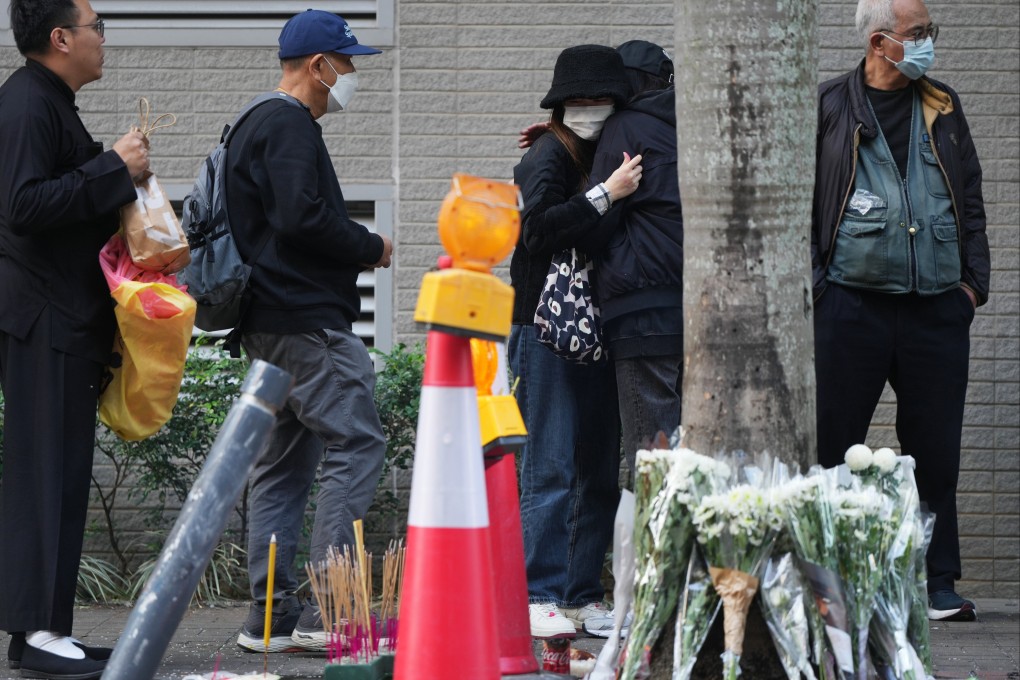Editorial | Crime fighting role of public faces scrutiny in motorcyclist death
Legal process must be allowed to run its course after attempt by Hong Kong off-duty customs officer to stop rider ends in tragedy

The tragic death of a motorcyclist who crashed while being pursued by police has ignited a debate in Hong Kong about the role of members of the public in trying to combat crime. An off-duty customs officer tried to intercept the motorcyclist, who was travelling at speed, by standing in his way. Sadly, the rider lost control after passing the officer, hitting a pole and a tree. The motorcyclist’s licence and insurance had expired.
The customs officer, meanwhile, has been arrested on suspicion of tampering with a vehicle.
A moving vigil in memory of the rider, attended by around 50 family members and friends, was held yesterday. The affair must be handled carefully and sensitively. The police investigation is continuing. The legal process must be allowed to run its course.
But the broader debate about the rights and risks of members of the public who step in to stop a crime or help the police is needed. There should be greater clarity and awareness.
Every society needs citizens to be civic-minded. We do not want to live in a community where people look on and do nothing when they are in a position to help, especially if they can prevent harm. The public is also encouraged to help law enforcement agencies if they can. But intervention can expose a person to risks to their own safety and, perhaps, that of others. There may also be legal consequences. It is important for people to be aware of the dangers, no matter how well-intentioned their actions may be.
When “have-a-go heroes” successfully prevent a crime or catch an offender, they justifiably receive praise and sometimes bravery awards. But they might face arrest or be sued for damages if their actions are misplaced or go too far. The law permits citizens to make arrests if they reasonably suspect the person they apprehend to have committed an arrestable offence – one with a maximum sentence of more than 12 months. Any force used to prevent a crime or help with a lawful arrest must be reasonable.
